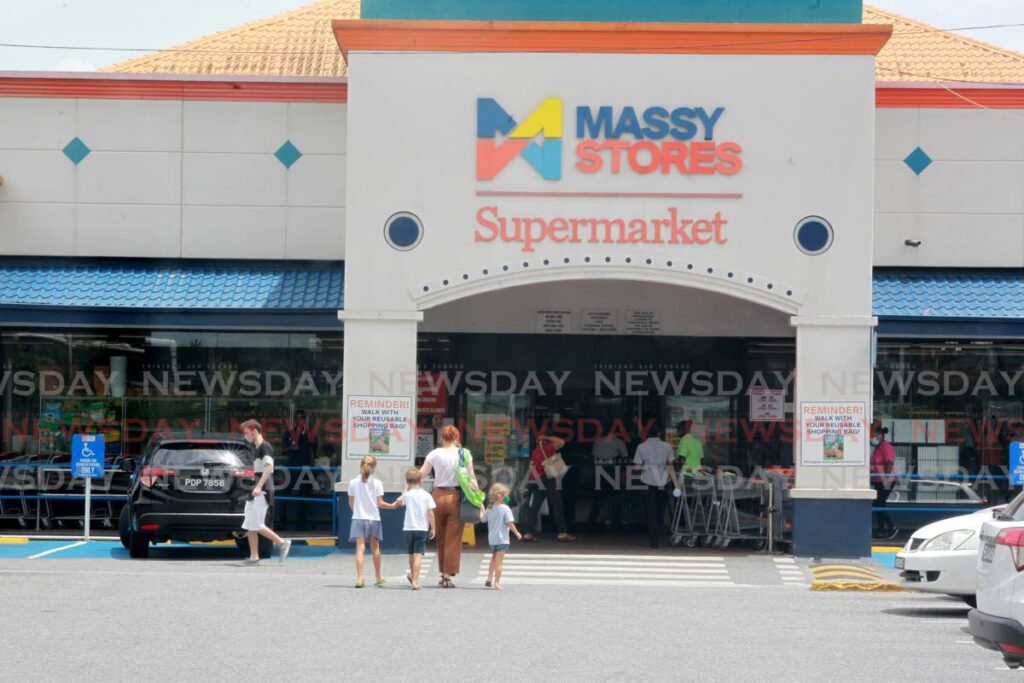Massy cross-listing another side of regional integration

The announcement by Massy Holdings Ltd that it has been initiated onto the Jamaica Stock Exchange (JSE) highlights the potential role of the regional trading market in boosting economic activity.
Being listed on stock markets in other countries is a way for firms to improve access to funds, share profitability as well as to establish themselves as global brands.
Massy’s cross-listing has been welcomed in some quarters as a move that potentially gives regional investors an opportunity to widen their portfolio exposure to industries that are both unrepresented and underrepresented, as well to diversify their geographic holdings.
The group operates in 15 Caribbean countries, including TT, Guyana, Barbados, the eastern Caribbean and Jamaica.
Traditionally, people in business rely on cash reserves and borrowing capacity to enhance their operations and fund aspects of operation.
However, many companies do not often consider public trading as a viable option when it comes to accessing capital, especially smaller enterprises for whom the benefits of trading might be outweighed by some of the drawbacks.
There are also companies for whom public trading does not mesh well with existing company objectives and culture.
Yet, companies that rule out trading on the stock market generally might be missing untapped potential that is amplified when considered within a regional context.
The scope and reach possible alone could be a key part of a company’s effort to build its reputation and can help insulate it from shocks by widening its regional market involvement.
On the other side of the equation is the sense that there is a need for wider participation in investment activity by members of the public.
The issue of regulation and the management of complaints have key roles to play in creating the sense of an even playing field in which all can participate.
The average person is unlikely to consider securities an investment option in a situation in which there is already a set group of limited players who dominate and in which there are whispers of efforts to manipulate or distort trading.
This is of course exacerbated by the overall issue of weaknesses in financial regulation, though much work has been done to bring about more rules to deter abuse.
Still, the lack of progress on white-collar crimes, as well as the feeling that too often when problems arise, they are swept under the carpet or the culprits given slaps on the wrist, reduces confidence.
But having longstanding companies shift gears and approach regional integration through stock market cross-listing might help put pressure on regional governments to cooperate on standards, in addition to inspiring more people to take notice of the operations of these markets and to demand better systems across jurisdictions.
In this regard, it is important to note that the journey to a single market and economy within Caricom is not merely limited to addressing issues such as tariffs and the movement of goods. It must also include creative strategies to improve regional investor participation.


Comments
"Massy cross-listing another side of regional integration"